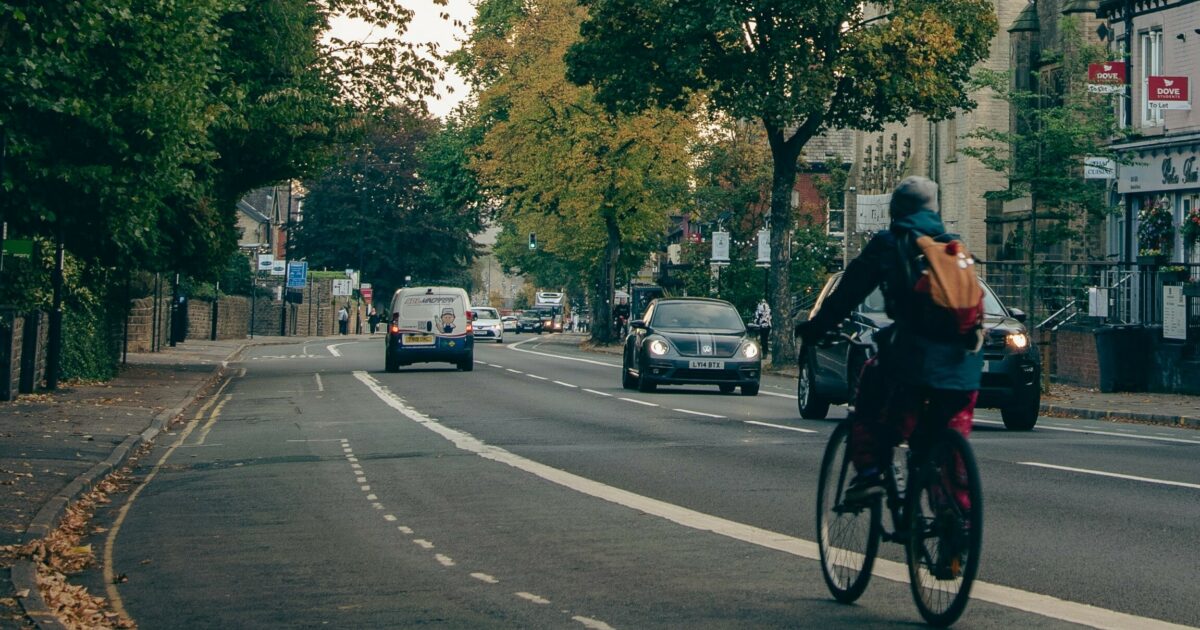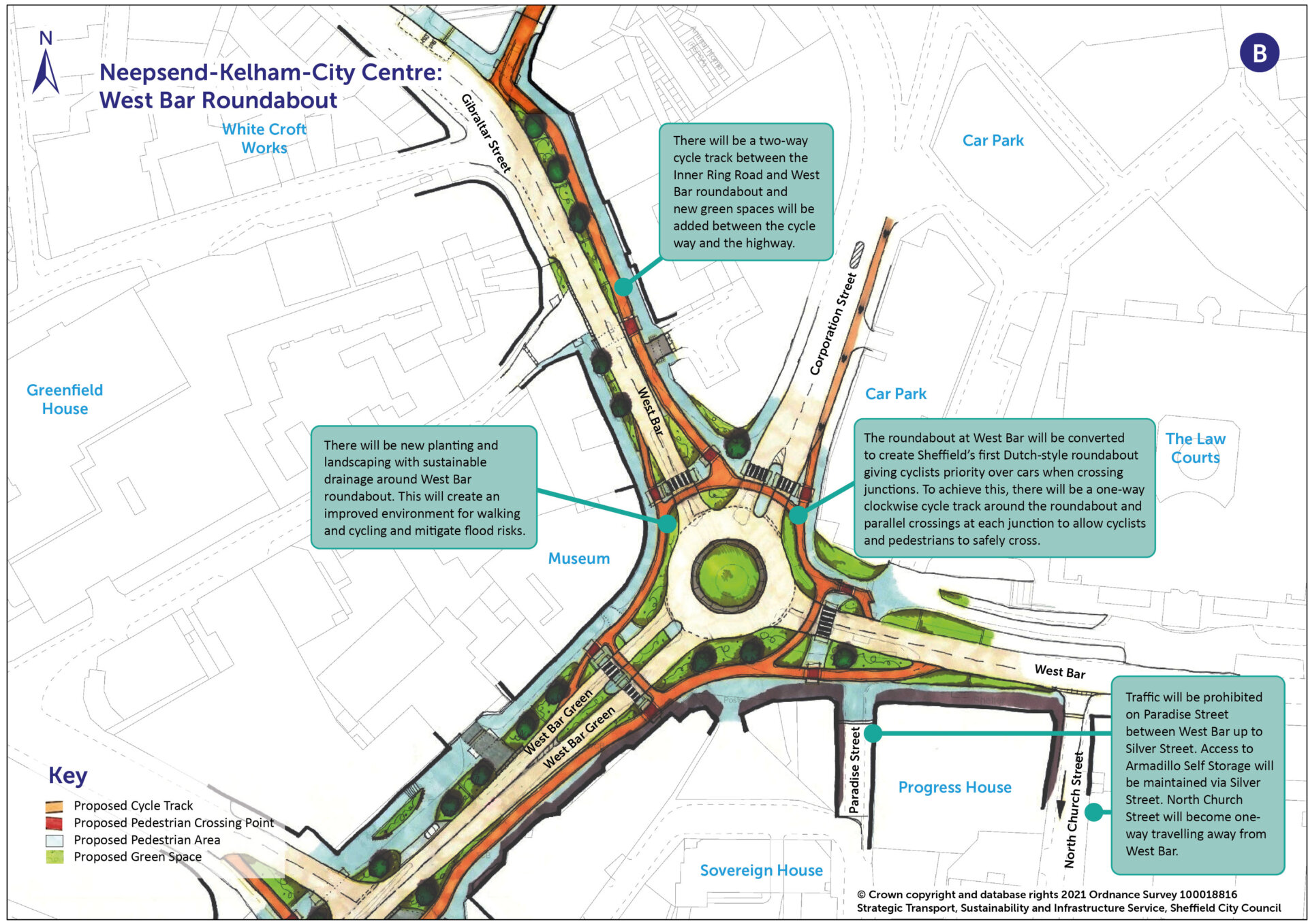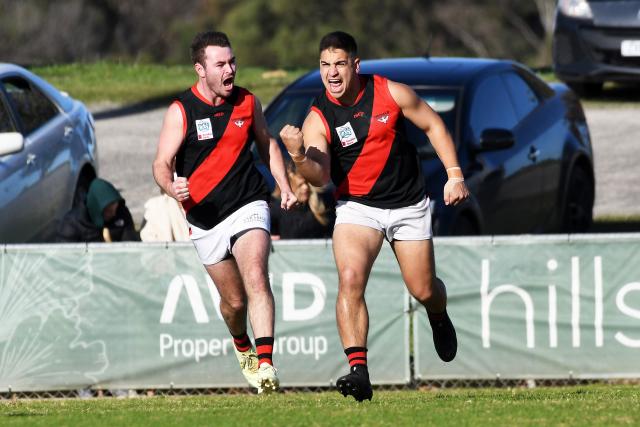Why is Sheffield forced to fight for vital infrastructure cash?

Last
week, the government announced the latest wave of funding for new
active travel (walking and cycling) infrastructure across England.
Of
the £170.6m that makes
up Active Travel Fund 4 (ATF4),
South Yorkshire only received £2.4m despite putting in a bid for
£15m. This compares to £17m awarded to West Yorkshire, £14m to
Liverpool and £12m to the West Midlands.
Oliver
Coppard, who has been South Yorkshire Mayor for just over a year,
said on Twitter that the outcome wasn’t “completely unfair”
and that the region’s bids have
not been ambitious enough.
“Until
we are able to change our attitude towards delivery of integrated
active travel schemes across SY we will continue to fall behind other
regions here and abroad,” he said.
Now
Then has seen a copy of the ATF4 bid submitted by the Mayoral
Combined Authority (MCA). Apart from a few minor improvements to
pedestrian crossings on Burngreave Road, much of the bid is for money
to develop future schemes rather than to actually build anything.
With
South Yorkshire receiving only a sixth of its bid, very few of these
projects are now likely to happen. £2.4m is a miniscule amount of
money for a region this size – for comparison, one new pedestrian crossing costs
around £100,000.
“We
are being let down by politicians in South Yorkshire, especially from
the Labour Party, who aren’t championing active travel or public
transport,” Dexter Johnstone of Cycle Sheffield told Now Then.
“As
a result we are submitting weak bids and our region is missing out on
huge sums of money that could be used to give people better, cleaner
and greener transport options.”
Public
cash for walking and cycling infrastructure is allocated by Active
Travel England (ATE), a relatively new government agency led by
former Olympic cyclist Chris Boardman.
ATE
publish “capability ratings” for local authorities, which
assesses their ability to deliver new schemes on a scale from 0 to 4. Local authorities with a higher rating are more likely to receive
cash.
Today’s announcement has to be a moment we commit to changing our approach across our region and our communities; it must be the impetus for us to now deliver on our promise to create a better connected, healthier and more sustainable region.
— Oliver Coppard (@olivercoppard) May 19, 2023
As
has been shown by the latest round of funding, this creates a sharp
divide between local authorities with a good track record like
Greater Manchester, who receive more money, and those such as South
Yorkshire which are left even further behind.
Forcing
regions to compete against each other for cash is standard practice
in the UK across a whole host of policy areas. Councils often
spend huge amounts of time and money just putting together bids which
may amount to nothing.
But
this is not normal in the rest of Europe.
Elsewhere,
central government funding is devolved based on population size to
powerful regional assemblies, such as Germany’s State Parliaments,
who then choose how to spend the money.
Under
this system, a body like Active Travel England would instead help
local authorities spend their share of the money as wisely as
possible, and would have a role in sharing best practice and linking
up infrastructure between regions.
But
because of the ‘Hunger Games’ style fight for funding, which is
almost unique to the UK, major cities like Sheffield receive a fifth
of the money they asked for at the same time as Manchester presses
ahead
with building a world-class active travel network.
Campaigners
say that, despite competing in a flawed system, as bid writers the South Yorkshire Mayoral Combined Authority (SYMCA, or MCA) still bear ultimate responsibility for the region receiving such
a paltry amount of money.
“The
MCA urgently need to appoint an active travel technical or project
director to ensure the bids the MCA are submitting are as ambitious
and high quality as possible, and to work with the four local
authorities to support them to do this,” said Johnstone.
What’s the latest on schemes in Sheffield?
Despite South Yorkshire receiving no ATF4 money for actual
construction, several other active travel projects in Sheffield are
in various stages of development. Minutes from the latest cycle
forum, which brings together council officers and campaigners,
reveal the current status of these schemes.
The Sheaf Valley Cycle Route, which will connect the city centre to
Woodseats Road, is slowly materialising, but planned interventions on
Shoreham Street and Asline Road are being re-examined for technical
reasons.

Plans for a so-called ‘Dutch roundabout’ at West Bar, which is currently under construction.
Sheffield City Council.
Construction has started on the Kelham Island element of the
Connecting Sheffield project, which will see West Bar transformed
with new cycle lanes, pedestrian routes and green space.
The other parts of Connecting Sheffield are still in the detailed
design phase. The council estimate that construction will start
on the Darnall and Attercliffe phase in January 2024, the Tinsley
phase in February 2024 and the city centre and Nether Edge phases in
August 2024.
The council have received £1.4m from a government road safety fund
to make safety improvements on Ecclesall Road, and are in the process
of designing interventions.
In September, the Transport Committee will consider a report on the
success of low-traffic neighbourhoods in Crookes, Walkley and Nether
Edge, and make a decision on next steps.
The long-awaited city centre cycle hub, where people will be able to
store their bikes in a Dutch-style secure bike park, has still not
opened due to issues of water leaks from the car park above.
The council say they have submitted a bid to create a so-called ‘Mini
Holland’ in Darnall, and have received positive feedback from
the Department for Transport. They expect to receive a formal
response by mid-summer.
In addition, there are a number of small infrastructure improvements
planned across the city, including at Stocksbridge, the Five Weirs
Walk, around the Northern General Hospital and at Prince of Wales
Road.













